Share your results
Please enter your email
Results shared!
We've sent a link to your email so you can access your results at any time.
Prepare for heatwaves in Australia by learning how to cool your home efficiently.

You can take control of your health and comfort this summer. Prepare for heatwaves in Australia by learning how to cool your home efficiently.
Since older people are more vulnerable to heat stress, it's important to have somewhere cool to be on hot days.
Here are some cheap ways to keep your house cool in summer.
You can take control of your health and comfort this summer. Prepare for heatwaves in Australia by learning how to cool your home efficiently.
Since older people are more vulnerable to heat stress, it's important to have somewhere cool to be on hot days.
Here are some cheap ways to keep your house cool in summer.
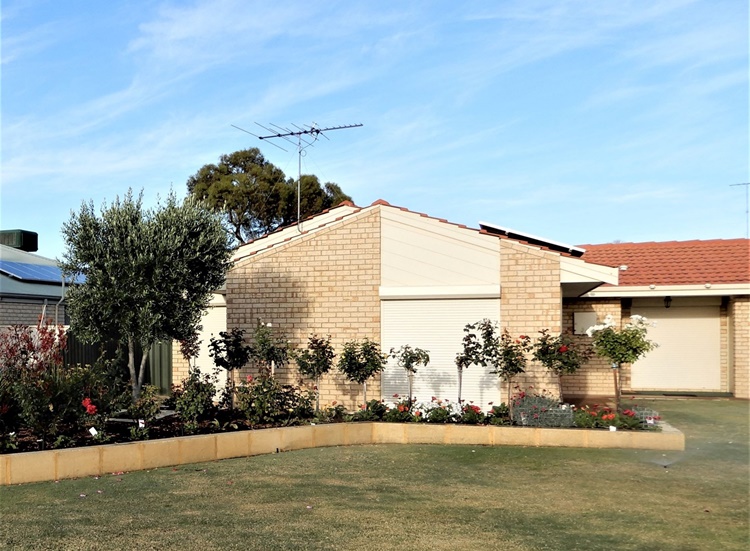
The first step in cooling your home is to reduce heat buildup with proper insulation:
The first step in cooling your home is to reduce heat buildup with proper insulation:
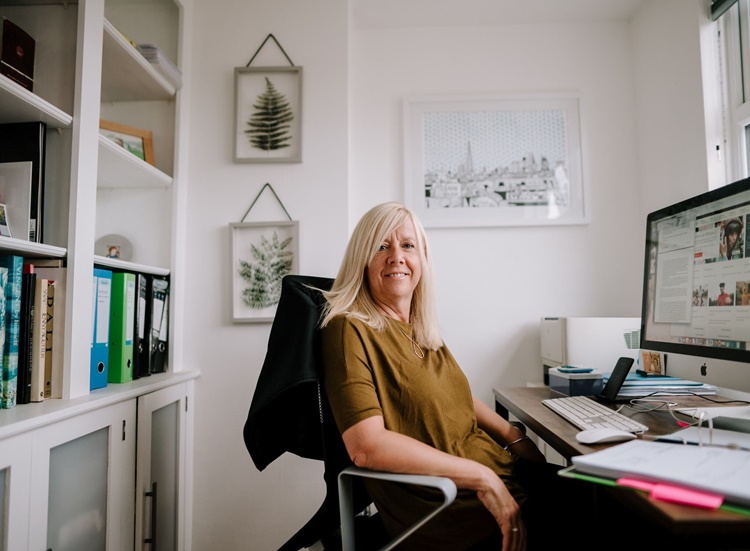
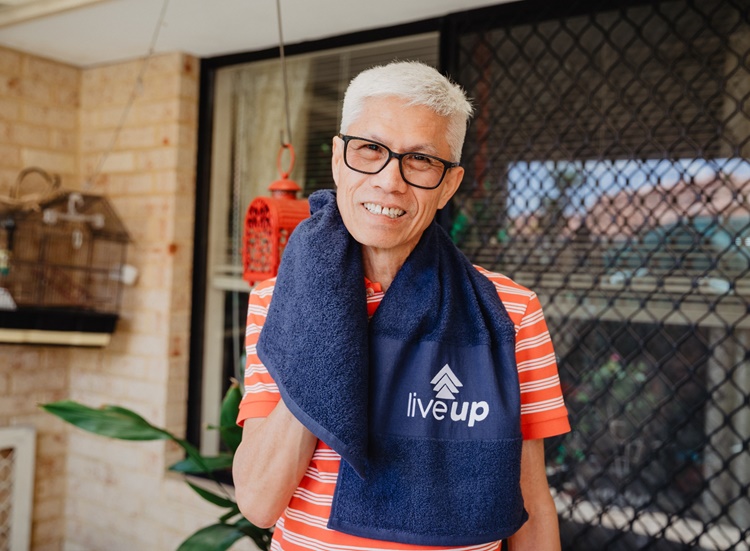
Effective airflow management helps reduce indoor heat buildup:
Effective airflow management helps reduce indoor heat buildup:

Fans can enhance cooling and are cost-effective when used properly.
Fans can enhance cooling and are cost-effective when used properly.
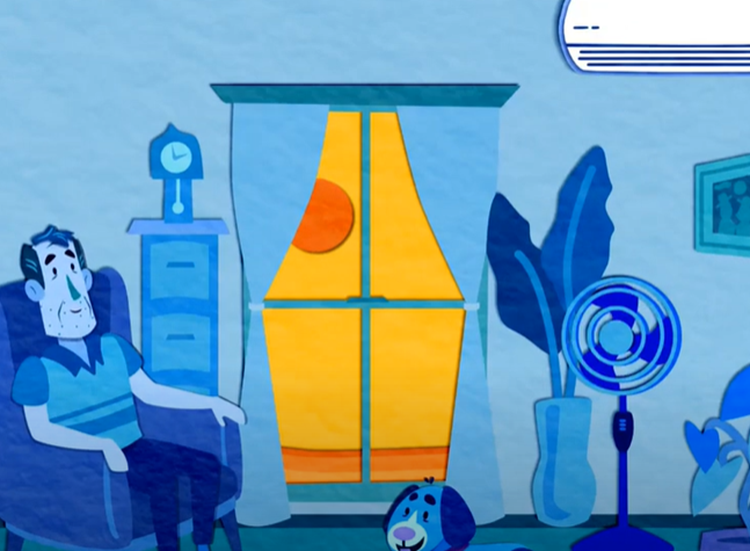
You can focus your cooling efforts on one area of your house to save energy. Here’s how to cool down a room efficiently, making an energy-smart cool room:
You can focus your cooling efforts on one area of your house to save energy. Here’s how to cool down a room efficiently, making an energy-smart cool room:
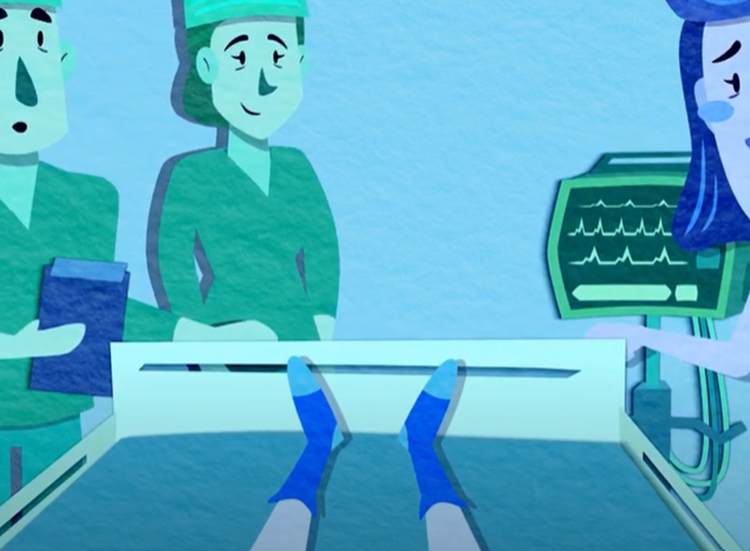

Don’t overlook financial help that could reduce your air-conditioning costs:
Don’t overlook financial help that could reduce your air-conditioning costs:
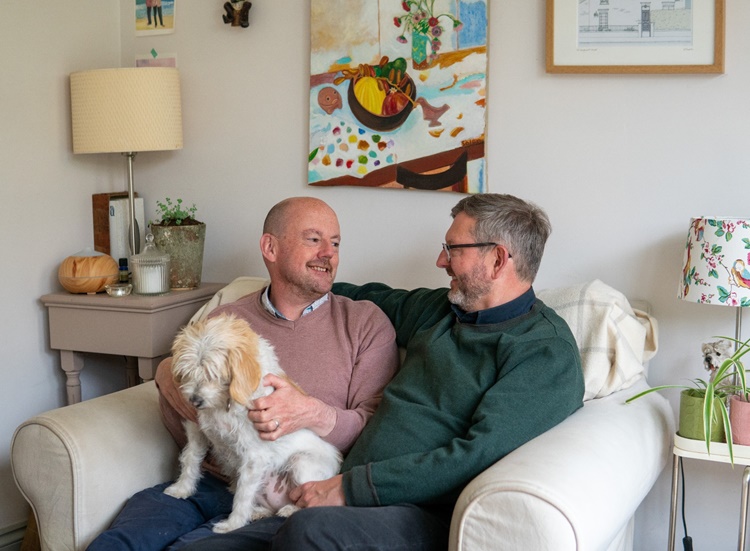
Keeping your house cool will keep your pet healthy as well as you. You can also put ice in their water or provide cooling toys like kiddie pools.
Keeping your house cool will keep your pet healthy as well as you. You can also put ice in their water or provide cooling toys like kiddie pools.
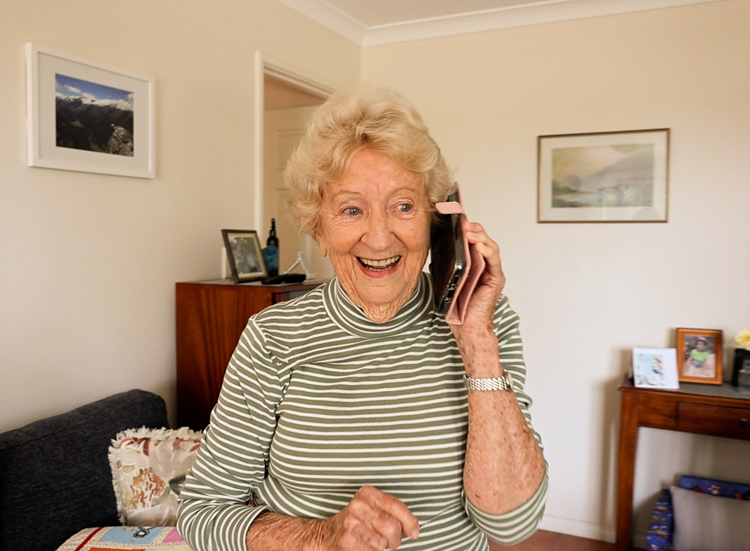
With these strategies, you can protect your health this summer—and you can do it on a budget!
Many older people in Australia don’t identify heatwaves as a risk to their health. Consider sharing this article with a friend to spread awareness on this topic.
Don't forget to read the previous article in this series about staying safe in hot weather. And watch out for our next article with more practical tips to beat the heat.
If you want to learn more about protecting yourself from extreme heat, check out Griffith University’s Ethos Project.
With these strategies, you can protect your health this summer—and you can do it on a budget!
Many older people in Australia don’t identify heatwaves as a risk to their health. Consider sharing this article with a friend to spread awareness on this topic.
Don't forget to read the previous article in this series about staying safe in hot weather. And watch out for our next article with more practical tips to beat the heat.
If you want to learn more about protecting yourself from extreme heat, check out Griffith University’s Ethos Project.
Read less...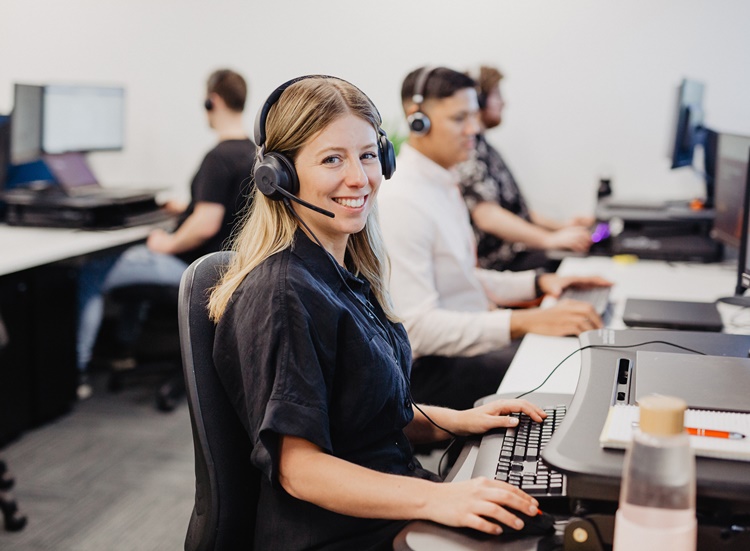
Everyone is different so some of these tips may work better for you than others.
If you need more information, get in touch with one of our helpful team on 1800 951 971.
Everyone is different so some of these tips may work better for you than others.
If you need more information, get in touch with one of our helpful team on 1800 951 971.
Read less...Better Renting. Coping Cookbook. https://www.betterrenting.org.au/coping_cookbook
Beyond Zero Emissions. (2021). Cooling Your Home. https://www.bze.org.au/research/report/cooling-your-home
Office of efficiency and renewable energy. (2022). Creating a cool room for extreme heat events. https://basc.pnnl.gov/resource-guides/creating-cool-room-extreme-heat-events
Queensland Health. Using powered medical devices in power outages. https://www.health.qld.gov.au/__data/assets/pdf_file/0028/1393921/fs-powered-medical-devices.pdf
RSPCA Queensland. Pet Tips for Summer: Chill out. https://www.rspcaqld.org.au/what-we-do/provide-animal-care-advice/pet-tips-for-summer/chill-out
Take our easy OpenUp quiz to get personalised advice and see suggested products, services and support in your local area or online.
Let's go!